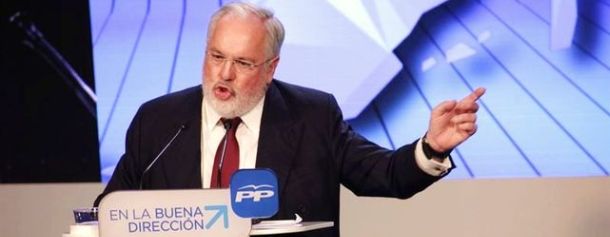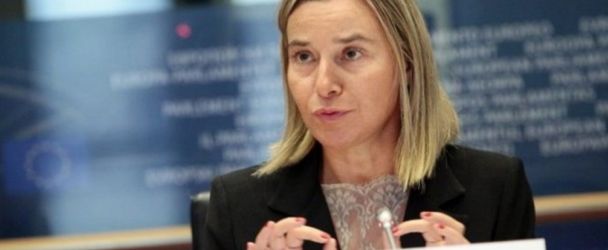EU looks to avoid energy imports from Western Sahara

The European Commission recognizes the importance of respecting "the separate and distinct status of the territory of Western Sahara" when considering energy imports from Morocco.
Published 02 February 2017
In response to a Parliamentary Question on the installation of renewable energy plants in Western Sahara, the Commissioner for Climate Action and Energy, Miguel Arias Cañete, stated that the Joint-Declaration of several EU Member States with Morocco for future trade in renewable energy can only be implemented in accordance with international law.
“The Declaration will be implemented taking due account of the separate and distinct status of the territory of Western Sahara under international law. This might require a case-by-case assessment taking into account that electricity from renewable sources is usually traded by commercial undertakings”, stated Commissioner Cañete.
The Commissioner’s response, which came in writing, includes a reference to the 21 December 2016 Judgment by the Court of Justice of the European Union, concluding that the EU’s Association and Liberalization Agreements with Morocco cannot be applied to Western Sahara, as it is not part of Morocco. The reply can be accessed through this link, via clicking the 'answer' button that is next to the Parliamentary Question's subject line.
It is not clear from the Commissioner's statement how energy developed in occupied Western Sahara could be avoided in practice, if Morocco would connect the territory's energy plants to its own national grid.
On 17 November 2016, Spain, Portugal, France and Germany signed a Joint Declaration with Morocco for future cooperation on renewable energy. Specifically, the EU Member States eye an import of clean energy from Morocco in the foreseeable future. Morocco's advances on the renewable energy front have been internationally acclaimed - but a sizeable part of its planned and operational renewable energy plants are located in the territory it holds under illegal occupation since 1975; Western Sahara.
By 2020, more than a quarter of Morocco’s entire green energy production will be located in Western Sahara, making Morocco more dependent on its illegal presence in the territory, and thus further complicating an already arduous peace process. For further information, see our "Powering the Plunder" report, detailing Morocco's attempt to green-wash its occupation and the role of Siemens in that endeavor.
Cañete's reply signals a shift in the EU Commission's position vis-à-vis Western Sahara. Where before, the Commission would consistently state that Western Sahara is de facto administered by Morocco - a theory which the Court ruled invalid - it now recognizes the "separate and distinct status" of the territory. It is a peculiar touch of irony that this first on-record recognition comes from Miguel Arias Cañete, who in his previous position as Spain's Minister for Fisheries campaigned tirelessly for the EU-Morocco Fisheries Partnership Agreement, which is applied in the waters of occupied Western Sahara. The CJEU is expected to start proceedings to assess the legality of Western Sahara's inclusion in the fish deal this year.
News
EU does not finance energy projects in Western Sahara, says Mogherini
While Morocco presses on with its renewable energy projects in occupied Western Sahara, the EU's Foreign Affairs Chief has clarified that the EU will not provide any financial contributions.
21 November 2017
Euro-Parliamentarians oppose occupation energy imports
As COP22 closes shop in Marrakech, a group of 51 MEPs has asked the European Commission to do all necessary to prevent the Union from becoming involved in Morocco's renewable energy plans in occupied Western Sahara.
18 November 2016
Expelled: African Parliament vice-president denied taking part in COP22
The vice-president of the Panafrican Parliament, Suelma Beirouk, was to attend COP22, but is now being held by Moroccan police. Morocco has occupied her homeland Western Sahara - and illegally built windmills on it.
07 November 2016
Global Diligence defends operations on occupied land
The legal advisory firm Global Diligence, which presents itself as expert on ‘heightened due diligence’, misrepresents international law in occupied Western Sahara.
16 October 2025



